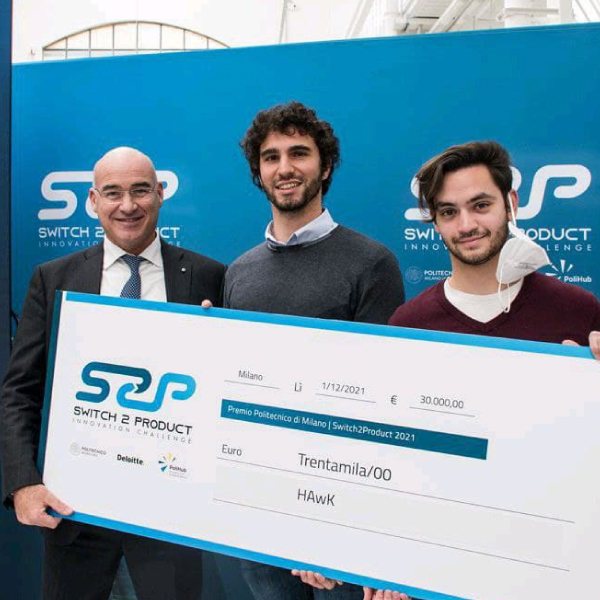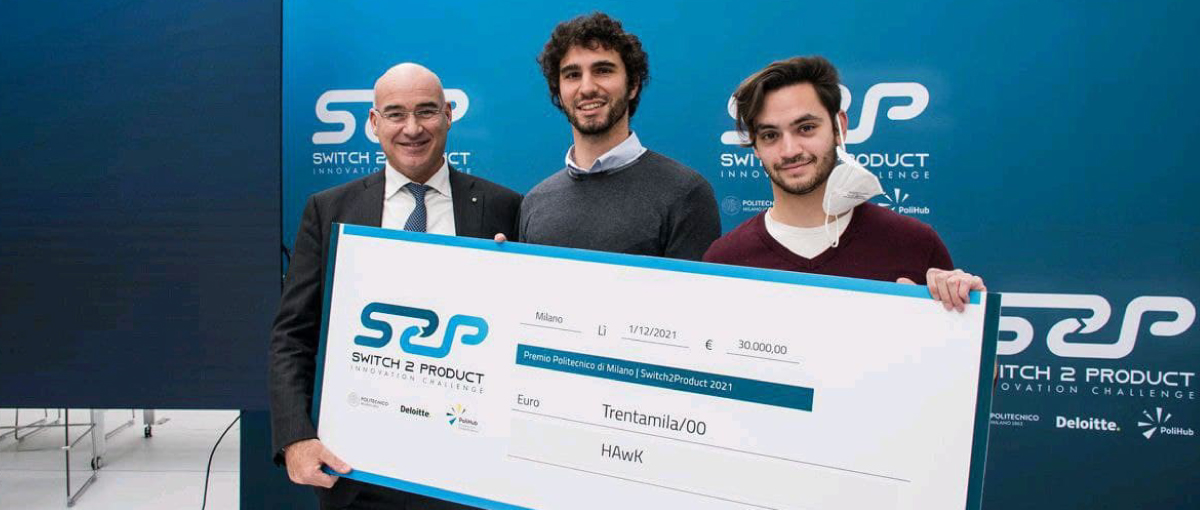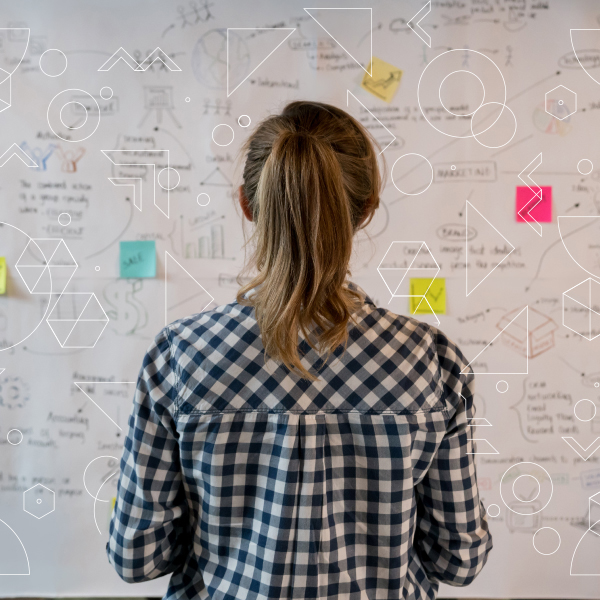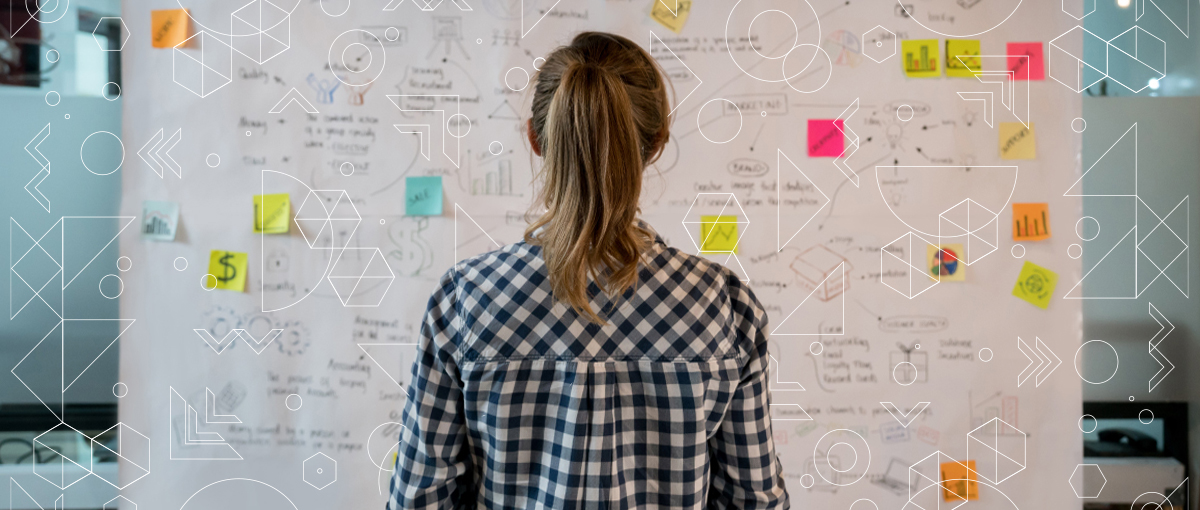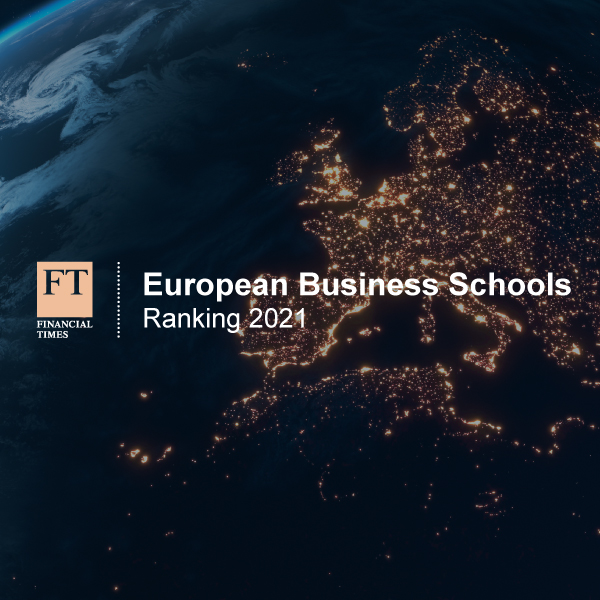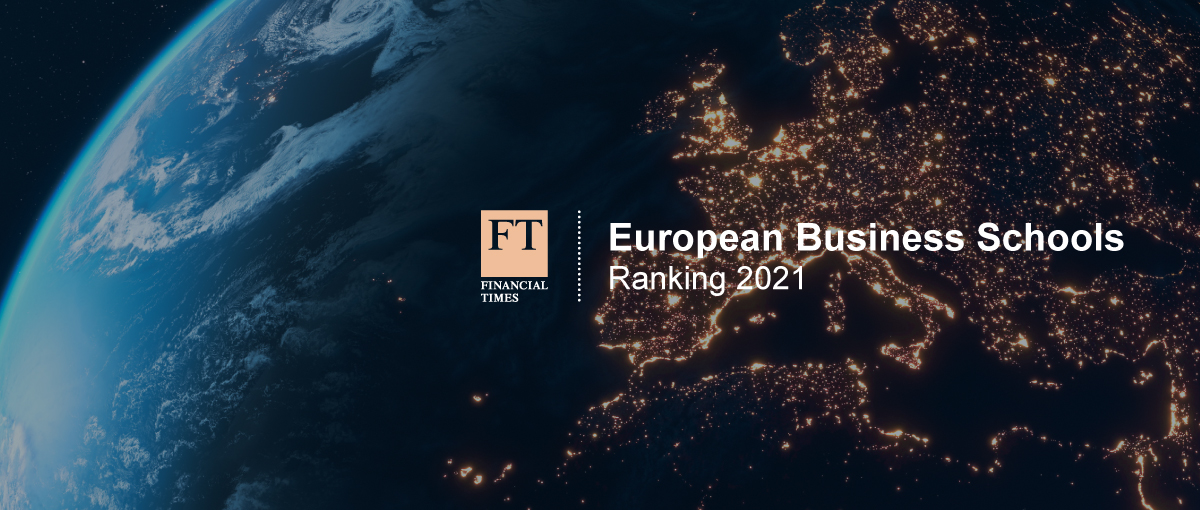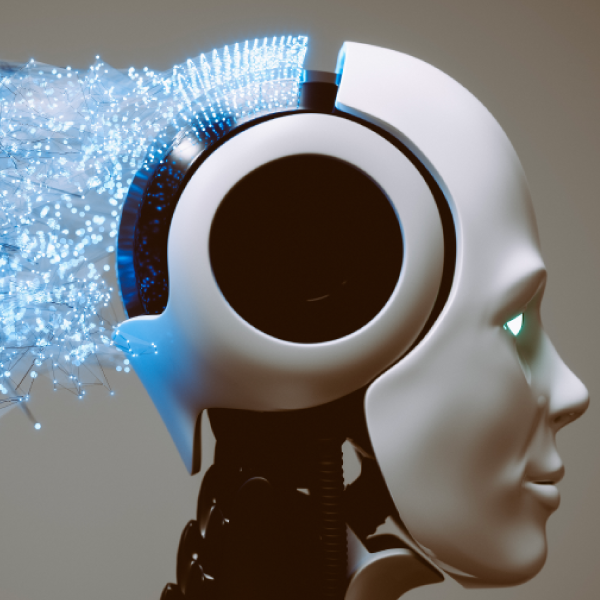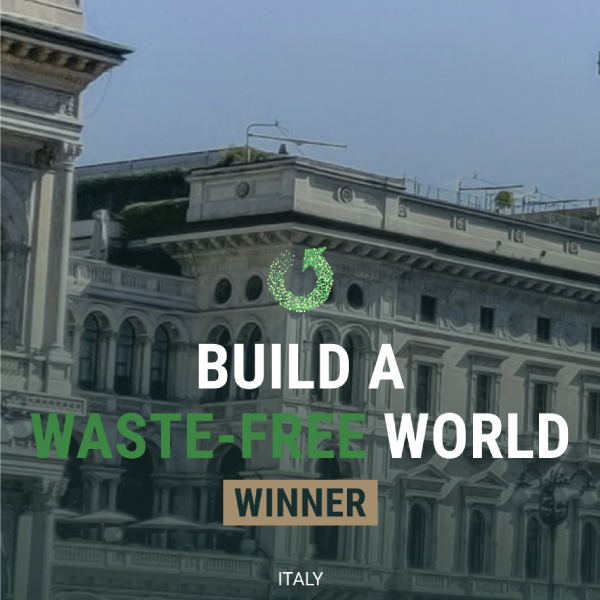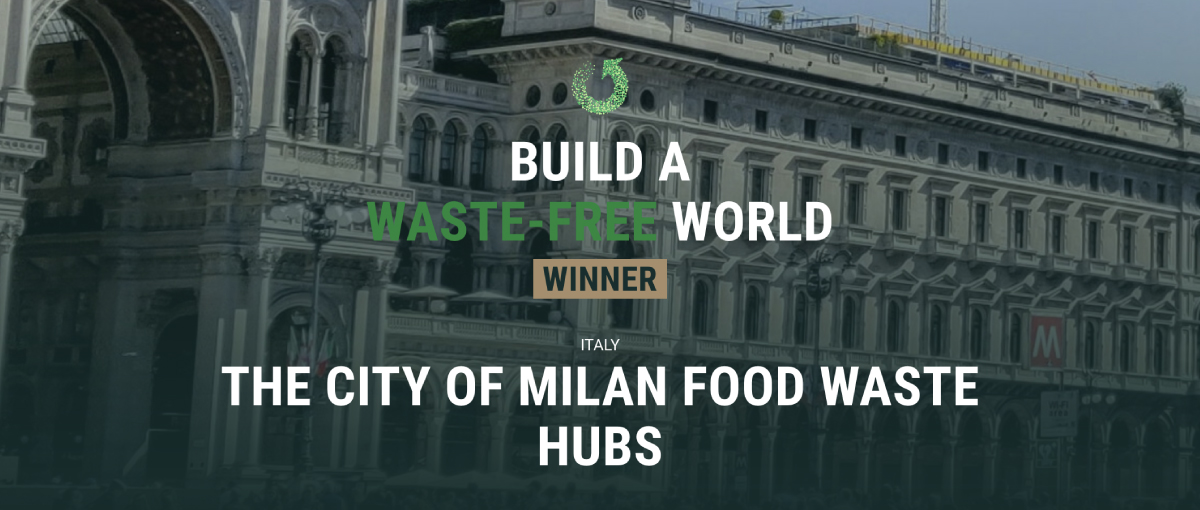
MIP, the Business School of Politecnico di Milano, has launched a unique ‘New Generation’ MBA, that will train a new generation of leaders to deliver more impactful and sustainable performance.
The New Generation MBA will not only deliver advanced management skills but will combine these with tools to unleash the latent power of purpose and enable a new generation of leaders to meet the unique challenges of the 21st century.
In addition to teaching core topics from a traditional MBA, the full-time programme will teach students how to generate and sustain higher levels of meaningfulness, motivation and effectiveness in themselves, their teams and their organisations.
Federico Frattini, Dean of MIP Politecnico di Milano said: “The world of business, and indeed society at large, is going through sweeping changes. In response, together with our partners at The Mind at Work, we decided to redesign our full-time MBA programme to prepare a new generation of managers, entrepreneurs and professionals, to meet the challenges that are arising.
“When considering what is required in response to these challenges, managers point not only to the realm of hard skills but most importantly, to skills, such as the capacity to engage people, understand motivation, and the ability to connect to emotions — especially in highly charged situations.”
MIP’s New Generation MBA integrates these two dimensions for the first time. Students will go through a rigorous programme to provide the hard competencies and skills they will need to perform.
In addition, they will be exposed to cutting-edge tools to elevate their performance by developing their awareness of self and others, to consciously choose purposes to create higher levels of engagement, motivation and alignment, and to combine through this deeper awareness and understanding of complexity the pursuit of higher purposes and positive impacts on society with sustainable financial performance.
Thus, students will possess what is needed to achieve both superior performance and personal fulfillment, at individual, team and organisational levels.
Darren Rudkin, founder of The Mind at Work, added: “This is genuine personal and professional growth, a personal journey of discovery — not just so that you can make a difference, but so that you can become the difference. It is a real breakthrough in the landscape of business school education. Business Schools have been recently criticized for their inability to contribute to train a new generation of leaders who are able to combine shareholder value and positive impact on society. This program is an unprecedent response to this criticism, and has the potential to pave the way for a new approach to management education that is suited to the challenges that our society is confronted with”



